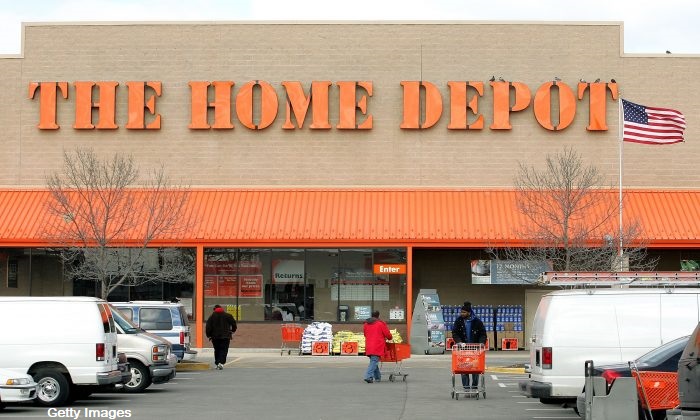I have had a relationship with British clothing store Marks & Spencer for twenty years. Every time I go to London, I visit M&S and buy underwear, socks, shirts and trousers — enough to last me until my next visit. While I’ve occasionally bought a shirt or two from U.S. outlets like Target or Kohl’s and casual trousers from Sam’s Club, fully 80% of my wardrobe carries the M&S brand — and because in terms of its fit and endurance no other brand has come close to M&S, over the past twenty years, I’ve never worn underwear or socks from anywhere else,.
Nor have many Brits:
One in three British women buys their bras from M&S — 45 bras are sold every minute in-store — while two pairs of knickers fly through the tills each second, which equates to more than 60 million pairs a year.
And from memory, about 50% of British men in the 1990s bought their socks at M&S, simply because they were the very best you could buy, at any price. With that kind of market share, how could they fail?
M&S also screwed up royally before 2000, by the way, by not accepting any credit cards other than their own charge card. It was that, or cash. I discovered this blithering idiocy the very first time I went to their flagship Oxford Street store, went to the cashier with about six hundred pounds’ worth of merchandise, only to have to leave most of it behind because they wouldn’t accept my Visa card and I only had a hundred-odd pounds in cash. I remember ranting at the floor manager at their arrogance — “throwing good business away” was the phrase I used — and meeting with complete indifference. Later (much too late, I think) they changed their policy to accept other cards.
At some point in the early 2000s, things began to change, and not for the better. Instead of selling the M&S brand exclusively, M&S started to sell branded clothing — “tied” brands (exclusive to M&S), but the boutique stuff was more expensive than the house brand, a lot more, but with no discernible difference in quality. Actually (and this is just a personal observation) I think the M&S allowed their brand’s quality to slip so that they could use the lower prices to compete with the cheaper High Street- and online competition. Underwear that I’d bought in the mid-1990s lasted for at least five years, while the M&S underwear I bought in 2017 has already started to fall apart.
When online sales came along, M&S was always going to be the first one clobbered, and they were. Probably the only thing that saved them was the expansion of their business into takeout convenience foods (which, in all fairness, are excellent albeit rather pricey).
Now the company has been kicked off the FTSE 100 (the Brit equivalent of the Dow Jones Industrial Average — DJIA) because their corporate value has declined to the point of disqualification. (And note BBC TV personality Jeremy Paxman’s complaint, because it’s very much the way I feel about their loss of quality).
The nearest American example of a corporation’s similar fall from grace is Sears — which once had a market share and customer esteem similar to that of M&S in the U.K., but is now in its death throes, for pretty much the same reasons.
I don’t think that M&S is going to fold any time soon — gawd, I hope they don’t, because where am I going to buy undies when the ones I have start falling apart in five years’ time? — but they have a hell of a job ahead of them.

